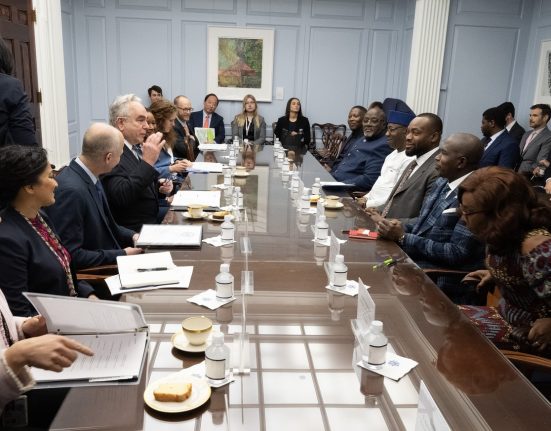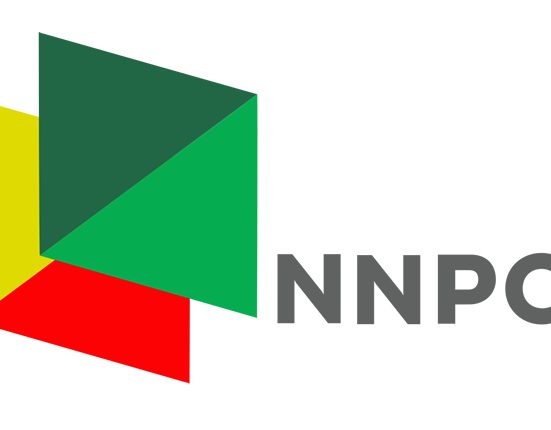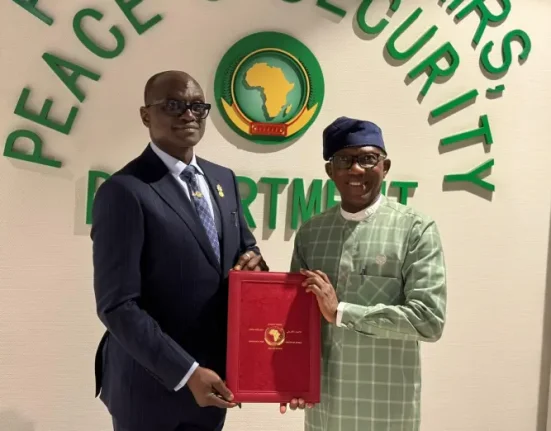In a strategic move to solidify cultural relations between Brazil and Nigeria, the President and CEO of the Brazilian Tourism Board (Embratur), Marcelo Freixo, has affirmed the critical role Yorubaland plays in the historical and cultural fabric of Brazil. Freixo made this known during a high-level meeting with the Executive Secretary and CEO of Nigeria’s National Institute for Cultural Orientation (NICO), Otunba Biodun Ajiboye, during a recent cultural engagement held in Brazil.
The Brazilian tourism chief underscored that the cultural narrative of Brazil is incomplete without acknowledging the deep-rooted influence of Africa, especially the Yoruba people of Nigeria. According to Freixo, it is impossible to engage in a meaningful conversation about Brazil’s heritage without spotlighting its African ancestry, with Yorubaland standing at the core of this connection.
As part of efforts to bridge the two nations through cultural diplomacy, Freixo revealed plans to establish a dedicated committee in Brazil. This committee will be tasked with identifying key Brazilian festivals and carnivals that can be culturally adapted and celebrated in Nigeria. This initiative, he said, aims to foster a shared cultural experience and deepen the historical ties that bind both countries.
This announcement was contained in an official statement issued on Saturday by Caleb Nor, the Media Assistant to the Executive Secretary of NICO. The statement emphasized the longstanding cultural bond between Nigeria and Brazil, noting that Yoruba descendants and Orisha worshippers make up a significant portion of Brazil’s population, estimated at about 58 percent. These groups are not only culturally vibrant but also wield notable political, social, and religious influence within Brazilian society.
Freixo extended his appreciation to President Bola Ahmed Tinubu and the Nigerian government for their proactive stance in enhancing cultural diplomacy through institutions like NICO. He praised Nigeria’s recent cultural outreach efforts and acknowledged the significance of formal partnerships that can yield economic and social benefits for both nations.
Adding to the discussion, João Jorge Rodrigues, President of the Palmares Cultural Foundation in Brazil, recommended that the popular Bahia carnival, renowned for its Afro-Brazilian roots and global appeal, would be an ideal cultural export to Nigeria. He proposed a pilot version of the carnival be staged in Nigeria by December 2026. This trial edition, he said, would serve as a litmus test for future cultural exchange events.
Rodrigues also urged NICO to liaise with the Federal Government of Nigeria or relevant state governments to determine the most suitable location for hosting the inaugural Brazilian-style carnival. He stressed the importance of early preparations and communication between both countries to ensure the success of the event.
The collaboration, according to NICO, represents a significant cultural milestone for Nigeria. With the growing involvement of Brazil’s cultural sector, an industry that constitutes a notable percentage of the country’s revenue, Nigeria stands to gain from increased cultural visibility and potential economic opportunities through tourism and heritage events.
Under the stewardship of Otunba Ajiboye, NICO is rapidly positioning Nigeria as a central figure in global cultural conversations, especially those tied to the African diaspora. The Institute reaffirmed its commitment to harnessing Nigeria’s rich cultural diversity as a tool for international cooperation, economic development, and the preservation of shared heritage.
As cultural diplomacy continues to play a growing role in global relations, this budding partnership between Brazil and Nigeria is poised to reinforce transatlantic unity rooted in history, culture, and a shared ancestral legacy.







